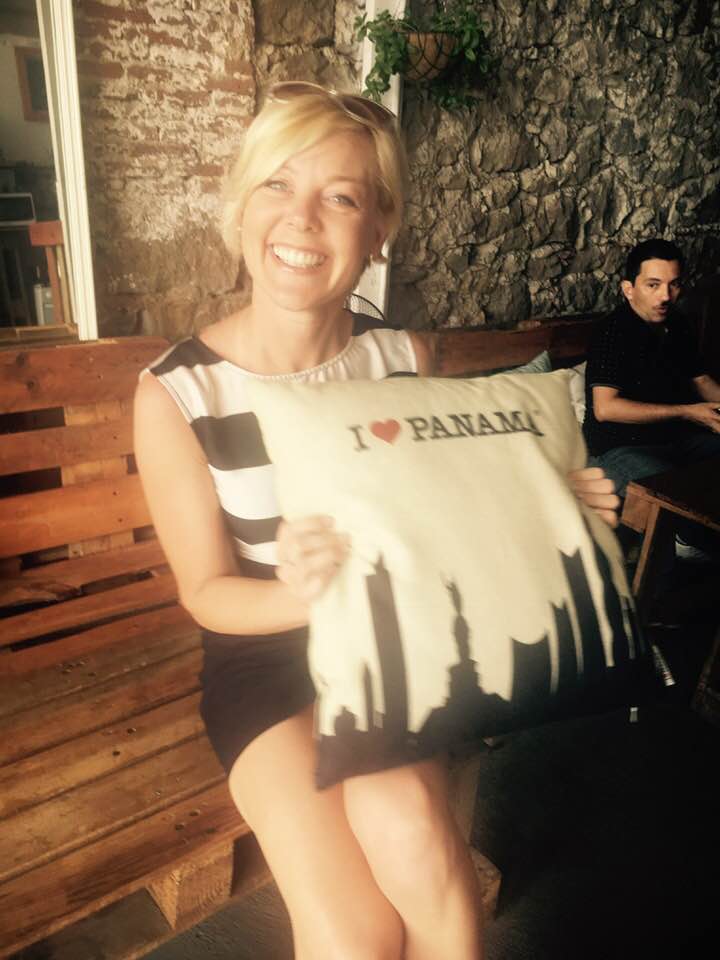 For the twenty to forty something adult, in our time, making and sustaining meaningful social connections can be as rare as finding a four-leaf clover. If we are lucky, and look hard enough, we may find a few. However, much of the time, we find ourselves lost in a sea of superficial connections, transient acquaintances and seasonal BFF’s. We are doing all the right things, showing up to gatherings, going to the local gym, yoga studio, coffee shop or happy hour. We may have even tried organizing events ourselves, downloaded a local networking app or contributed our wise words of wisdom on Facebook groups and community forums. Hoping to find our tribe. Yet, we still often feel alone and emotionally isolated on an overpopulated planet. Is it me? Am I just not good at sustaining meaningful connection with others? My lifestyle doesn’t lend itself to long-term connection. Nobody really understands me. I am different than most people. These are some of the distorted beliefs that we internalize in an era of social media, nomadic lifestyles and dispersed community. We are transient, global citizens now. We know many people, in many places. Yet, on a deeper level we often feel disconnected from each other. I assure you, it isn’t just you. This is a thing. This social dissociation, isolation and loneliness is a major factor in our epidemic of anxiety and depression among adults. It has become the elephant in the room of modern culture. We live in the age of self-help podcasts, life coaches and holistic wellness practices. This is all good stuff! The growing draw toward organic sources of wellness may be indicative of our need to feel a deeper sense of connection to our own identity and to our place in the world around us. Yet somehow, something is still amiss in our pursuit of true belonging. In the generations that preceded ours, community was easier to come by. People stayed in the places they were born and accumulated layers of common experiences over time. We were bound together by default. A big move might be to the next town, not across the globe. Technology was simpler and our social networks were smaller. We shared common values that largely revolved around a sense of place and generations with of history. The blueprint was already laid out for us. A sense of belonging and meaningful connection to others is an essential part of good mental health. Our place in community reinforces how we see ourselves and is in part, how we affirm our identity. It isn’t 1936, I get that. But, the way we live has changed dramatically over a few generations and we have paid only small attention to the, ever-evolving, social and emotional costs of these changes. This is not necessarily a bad thing, but it does mean that we need to be more intentional about how we build community in our daily lives and to recognize that we are not completely alone in feeling alone. When we internalize this larger sociological issue, we begin to create limiting beliefs that perpetuate our feelings of disconnection. I do not belong. I am different than others. People are superficial. The good news is that there are definitely things we can do right now, to be intentional about cultivating a sense of community and creating deeper connections in a technology saturated, nomad-dominant era. Bringing us closer to a sense of belonging, integration and personal identity. Here are a few... Nurture friendships from past and present. We can do our part to keep the fires burning with geographically distant friendships. When you think about a distant friend, communicate with them immediately! Make this your golden rule. Keep the dialogue going and go the extra mile(s) to stay connected. Being consistent in contact, means that you do not have to catch up on the past ten years every conversation (which can feel daunting) and you can make space for more day-to-day conversations. The real you, not the polished cliff-notes version. Do not be afraid to be vulnerable. When we are able to show our vulnerability to others, they are more likely to find us relatable and let their guard down a bit. Opening the door for more meaningful connection. The truth is, we have much more in common than we think. Fix family conflicts. Estranged siblings, parents, grandparents, cousins? It seems to be a common trend to have one or more family members that we no longer talk to. We hold on to the hurt feelings and simply choose not to participate in being a daughter, sister, brother, etc.. Assuming it safe to do so, consider mending old wounds and reconnecting with members of your original tribe. Seek places that have history, culture and less transient populations. When scouting out a new community to live in, think about the history, the architecture, and the culture of that place. Look for communities with a vibrant art culture, small businesses, and a sense of identity or a palpable history. Introduce yourself to the neighbors. Sound obvious? What are your neighbor’s names? You may or may not know these folks for a lifetime, however, taking the time to greet a new neighbor can reinforce your shared sense of place and strengthen your feelings of belonging in your physical community. Honor traditions and make up your own. Traditions and rituals are repeatable and symbolically meaningful. Things like seasonal dishes, vacation spots, and birthday celebrations reinforce the values of origin that make us who we are. If you do it more than once, it’s a tradition. Make up your own and share these statements of your history and identity with others. Learn about your family heritage. Connecting to a cultural, ethnic or geographic story about how we got here can anchor our sense of identity and place in the world. Amazon Prime didn’t deliver us to our parent’s doorstep, a long line of lives and fascinating journeys got us here. We can honor that by taking the time to find out where we came from. Use social media responsibly. Let’s face it, this is a major culprit in our growing feeling of social isolation. It’s often miss-used and can leave us feeling even more alienated. Set limits to protect your own reality and be mindful of how you internalize scrolling through other people’s projections of the “good life”. Less networking and singles meet-ups and more civic engagement. While networking events and meet-ups can be a great way to connect, they are often short-lived and fleeting. If you are looking for more sustainable ways to connect to your community consider volunteering, attending city planning meetings or well established civic groups. Becoming a Big Brother/ Big Sister or mentoring a young person can create a deeper sense of meaning and possibly a life-long friendship. Utilize therapy and coaching support. The reality is that we all need to feel genuinely and authentically understood. If the times are a changing, and they are, flow with the tide. It is not only acceptable now to seek therapy, it is practically expected. Many people utilize the therapy and coaching relationship to work through the challenges of living in a socially/emotionally disconnected era. These tools are everywhere and easy to access from any part of the world. Recognize that social structure is evolving and do not internalize it. The most important take away here is to remember that you are not completely alone in feeling a bit disconnected from community. Finding difficulty in making meaningful social connections is a sentiment that I have heard from SO MANY people in recent times. Be careful not to turn a larger sociological issue into a perceived personal defect. These deeper connections, feelings of identity, belonging and sense of community are completely available to us all. We only need to re-think our approach and be intentional about seeking what we need to feel connected. If you are interested in exploring these ideas further, let’s talk. Through the Global Wellness Center, I offer Psychotherapy and Life Coaching both in-person and online. I’d love to hear your perspective on this topic. Feel free to email your thoughts and ideas to [email protected]. |
Jamie Lee Carter, LCSW
Archives |

 RSS Feed
RSS Feed